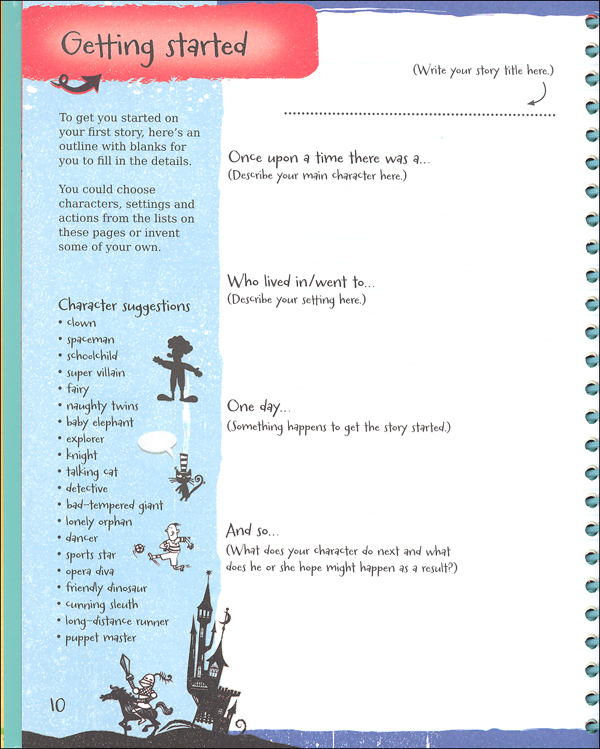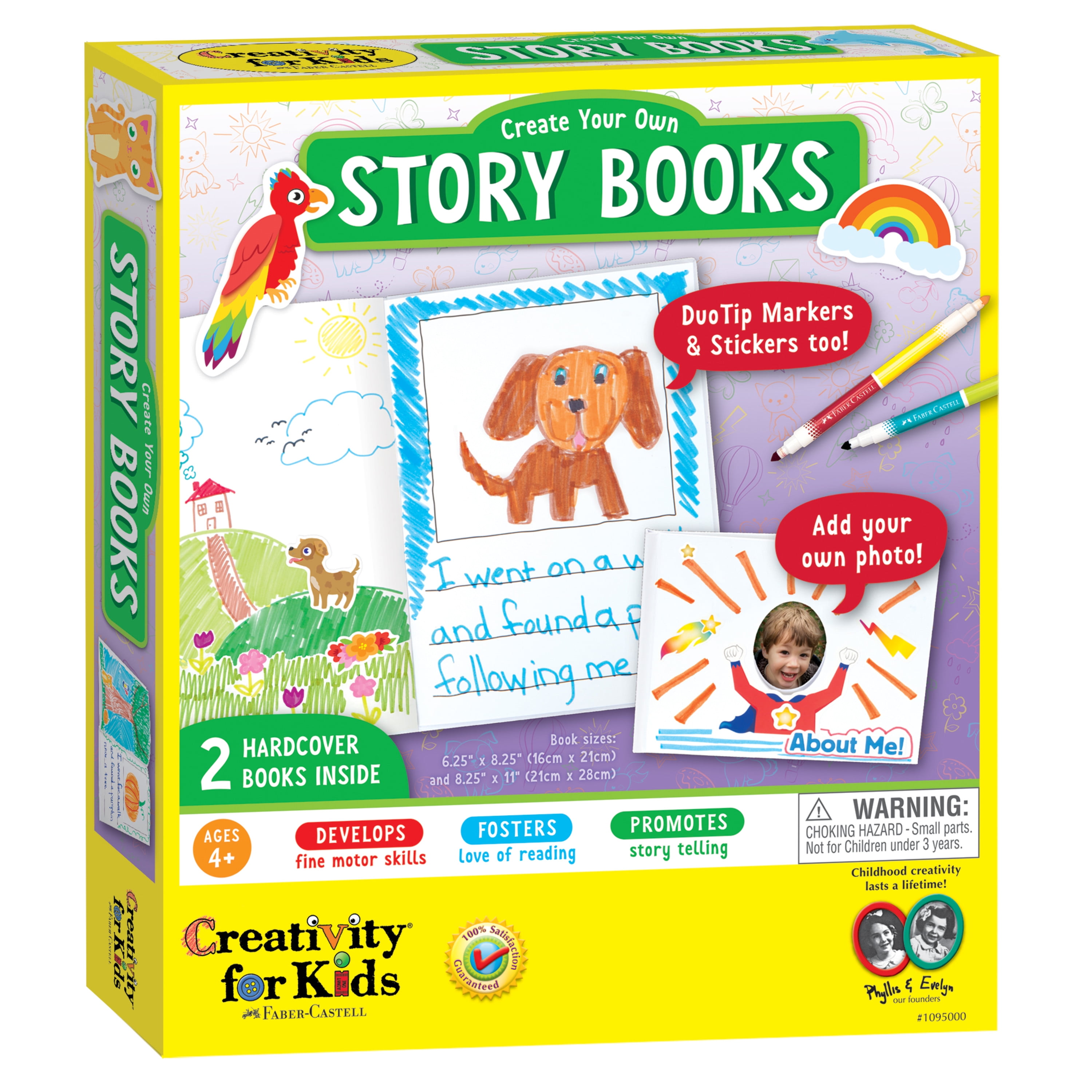


With Two Letters from Jack the Giant Killer as also a Ball and Pincushion The Use of which will infallibly make Tommy a good Boy, and. In 1744 came what's often called the first work of published children's literature, John Newbery's A Little Pretty Pocket-Book, Intended for the Instruction and Amusement of Little Master Tommy and Pretty Miss Polly. This will scent like a rose when I'm dead. Then I'll not be proud of my youth or my beauty,īut gain a good name by well doing my duty: But I content myself with this thought, that nothing is too mean for a servant of Christ to engage in, if he can thereby most effectually promote the kingdom of his blessed Master." The book itself fits into the category, popular at the time, of "upliftingly lugubrious" it is largely made up of briskly invigorating rhymes about the inevitability of death: I find this book fascinating because its author's preface shows that by the 18th Century, the idea that it was intellectually degrading to write for children was strong: Watts writes, "I well know that some of my particular friends imagine my time is employed in too mean a service while I write for babes.

In 1715, Isaac Watts published his fantastically uncheerful Divine and Moral Songs for Children. My favourite, and the sternest in tone, is The Babees' Book, which dates in manuscript from around 1475: "O Babees young," writes the author, "My Book only is made for your learning." The text is a monumental list of instructions in verse form: "Youre nose, your teethe, your naylles, from pykynge/Kepe at your mete, for so techis the wyse."
#Write your own story book manuals
The first children's books in English were instruction manuals for good behaviour. Crawling through dark tunnels in the company of hobbits, standing in front of oncoming trains waving a red flag torn from a petticoat: to read alone is to step into an infinite space where none can follow. My family was large, and reading offered privacy from the raucous, mildly unhinged panopticon that is living with three siblings: I could be sitting alongside them in the car, but, in fact, it was the only time when nobody in the world knew where I was. Adult memories of how we once read are often de-spiked by nostalgia, but my need for books as a child was sharp and urgent and furious if thwarted. What is it like to read as a child? Is there something in it – the headlong, hungry, immersive quality of it – that we can get back to? When I was young I read with a rage to understand. You pass Spot the Dog, battle past that two-headed monster Peter and Jane through Narnia, on to The Catcher in the Rye or Patrick Ness, and from there to adult fiction, where you remain, triumphant, never glancing back, because to glance back would be to lose ground. There is, though, a sense among most adults that we should only read in one direction, because to do otherwise would be to regress or retreat: to de-mature. Why is the US banning children's books?

Why Where the Wild Things Are is the greatest children's book The 100 greatest children's books of all time And perhaps, also, secretly, to arm adults against those necessary compromises and necessary heartbreaks that life involves: to remind them that there are and always will be great, sustaining truths to which we can return. Those who write for children are trying to arm them for the life ahead with everything we can find that is true. So what I try for when I write – failing often, but trying – is to put down in as few words as I can the things that I most urgently and desperately want children to know and adults to remember. My adult self wants all those things, and also: acknowledgements of fear, love, failure of the rat that lives within the human heart. My 12-year-old self wanted autonomy, peril, justice, food, and above all a kind of density of atmosphere into which I could step and be engulfed. When I write, I write for two people: myself, age 12, and myself, now, and the book must satisfy two distinct but connected appetites. But I do know, with more certainty than I usually feel about anything, what it is not: it's not exclusively for children. I've been writing children's fiction for more than 10 years now, and still I would hesitate to define it.


 0 kommentar(er)
0 kommentar(er)
